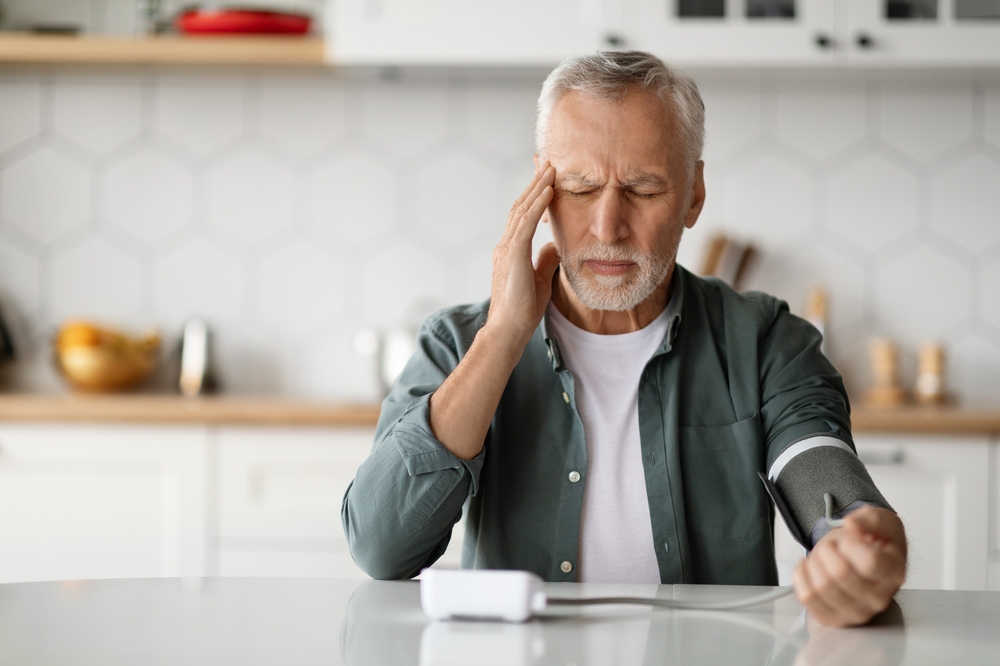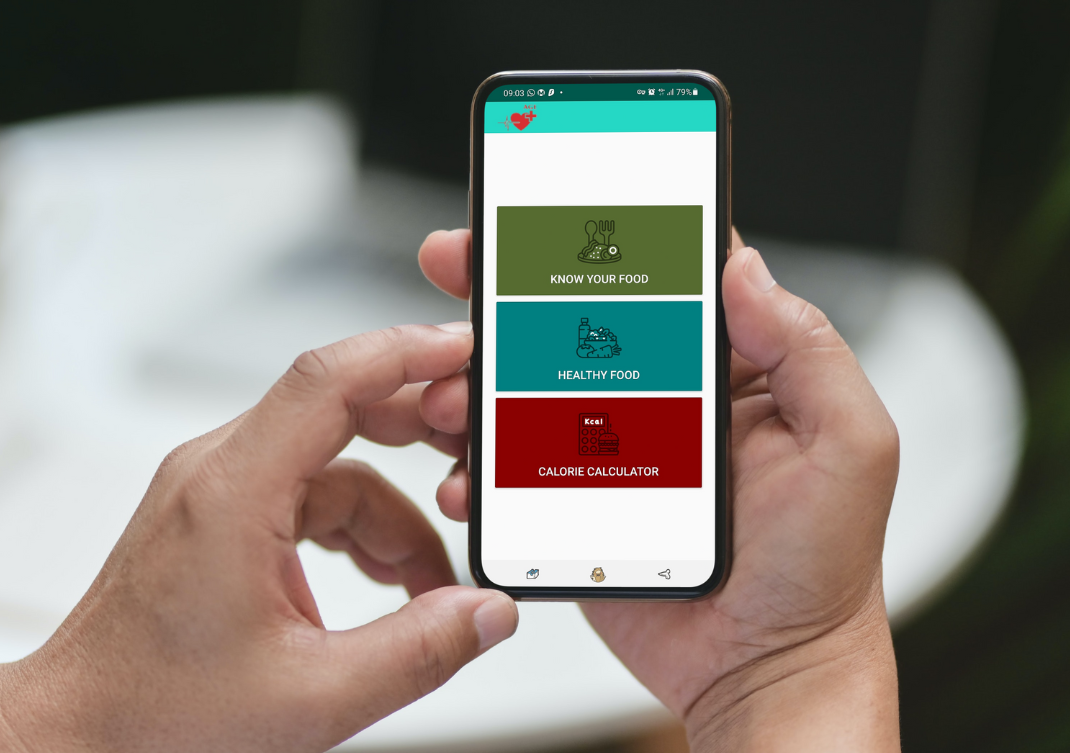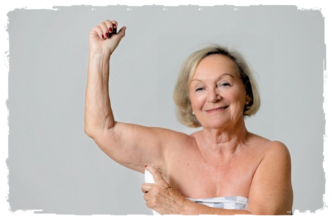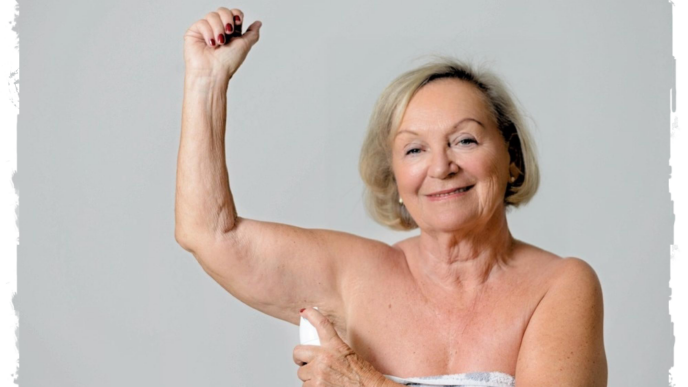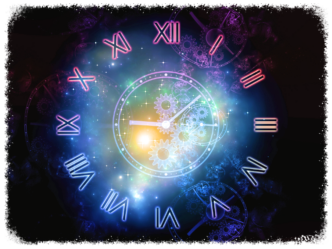As we grow older, many things change – including our blood pressure. Managing blood pressure in older people isn’t as simple as aiming for the lowest number possible. Getting the balance wrong can affect the brain, heart, and even lead to falls or memory problems.
WORDS ASSOCIATE PROFESSOR DR NOR ‘IZZATI SAEDON
 FEATURED EXPERT FEATURED EXPERTASSOCIATE PROFESSOR DR NOR ‘IZZATI SAEDON Consultant Geriatrician UM Specialist Centre (UMSC) |
Blood pressure is the force of your blood pushing against the walls of your arteries.
- It needs to be strong enough to send blood — and the oxygen and nutrients it carries — to all parts of your body.
- If your blood pressure is too high, it can damage the heart, brain, and kidneys over time.
- But if it is too low, your blood may not reach your vital organs fast enough. This can cause dizziness, confusion, or even fainting — all of which are dangerous, especially in older adults.
WHY BLOOD PRESSURE CAN BE A TRICKY ISSUE IN OLDER ADULTS
Older Adults Tend to Have Slightly Higher Than “Normal” Blood Pressure
As we age, our blood vessels naturally become stiffer.
The heart then has to pump harder to keep blood flowing.
This is why older adults often have slightly higher blood pressure — and sometimes, this is necessary for their body to function well.
Lowering Blood Pressure Too Much in Older Adults Can be Dangerous
Trying to lower their blood pressure too much, especially with medications, may lead to lightheadedness, blurred vision, tiredness, or falls.
Therefore, High Blood Pressure May Not Be Necessarily Bad for Older Adults!
In some cases, this slightly higher blood pressure allows the brain and body to working properly
WHAT SHOULD YOUR BLOOD PRESSURE BE AFTER YOU ARE 60?
There is no perfect number for everyone.
A healthy 65-year-old who walks daily and has no major illnesses may benefit from a lower target.
However, for someone over 80 or living with several health problems, a slightly higher blood pressure may be safer.
|
HOW TO MONITOR YOUR BLOOD PRESSURE AT HOME
- Measure at the same time each day.
- Sit quietly for 5 minutes before checking.
- Check both when sitting and standing.
- Record readings in a notebook or app.
- Bring your results with you for your doctor visits.
HOWEVER, WATCH OUT FOR THESE WARNING SIGNS
Whether it is too high or too low, unusual blood pressure can cause symptoms. Knowing what to look for can help prevent serious health problems.
- Feeling dizzy when standing up
- Sudden tiredness or weakness
- Fainting or blacking out
- Confusion or trouble concentrating
- Chest pain or a racing heart
- Repeated falls
- Blurred vision
- Pale, cold skin or slow responses
If these symptoms happen regularly, don’t ignore them. Speak to a doctor right away.
Call a doctor or go to the emergency department if you or your loved one:
|
HEALTHY HABITS MAKE A BIG DIFFERENCE
Medications can help, but daily habits play an even bigger role in managing blood pressure.
- Move more. A brisk walk, tai chi, or even dancing can help.
- Start with small steps. Even 15 minutes of walking a day makes a difference.
- Eat better. Less salt, less fried food, more fruits and vegetables.
- Stay hydrated. Drink enough water, especially in hot weather.
- Sleep well. Poor sleep affects your blood pressure.
- Cut back on smoking and alcohol. Both damage your blood vessels.
CONCLUSION
With the right knowledge and support, older adults can stay active, alert, and independent.
Blood pressure is just one part of that, and it needs to be managed carefully, not just aggressively.
If you’re unsure about your numbers, ask your doctor. Always speak up if something doesn’t feel right. You know your body best.
| This article is part of our series on how to age healthily and gracefully. |


